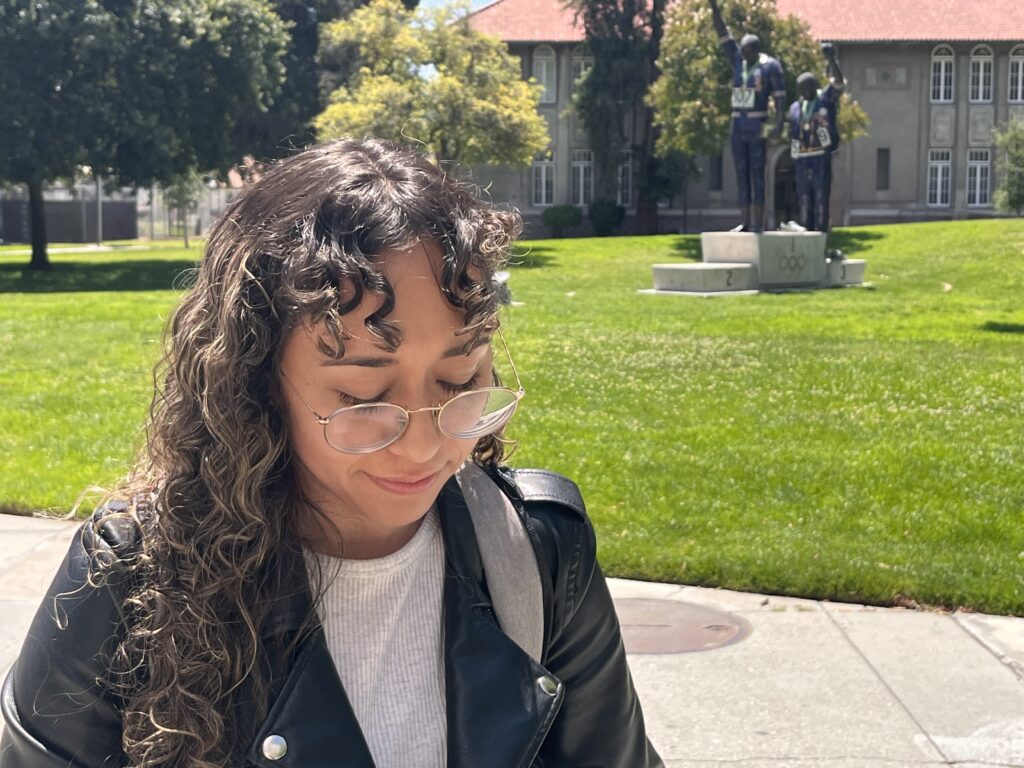Race has been wiped from the college application process, an approach used for decades to screen minority students in helping them to attend colleges or universities.
Yesterday’s 6-3 U.S. Supreme Court ruling against affirmative action will color-blind the applicant pool nationwide. But California has been operating without this legal requirement since 1996, when voters passed Prop. 209 to strike down the law in all public state colleges and universities. A failed attempt to reinstate the law was placed on the 2020 ballot. The Thursday ruling closes the door on private institutions in California left out of the initial ban, and will require universities like Stanford and Santa Clara to change their applicant review process.
The ruling bans the use of race or ethnicity in the decision making process when accepting a student into any school of higher education. The court did leave one door ajar: students can discuss how race “affected the applicant’s life, so long as that discussion is concretely tied to a quality of character or unique ability the particular applicant can contribute to the university.”
San Jose State University has been accepting students without the use of affirmative action for more than two decades, but that hasn’t stopped students from forming an opinion on the issue.
SJSU student Alex Cobbs said affirmative action was essential for financially struggling students.
“There are a lot of African American students who’d like to enroll and are a lot less fortunate than other races,” he told San José Spotlight. “For affirmative action to be removed is very unfair to them.”
Bob Nunez, co-chair of La Raza Round Table, said the Supreme Court has gone too far to the right and is making changes detrimental to marginalized communities. He would like to see the county and state step up to address this. This will have an adverse affect on diverse populations, he added.
“There are too many students who will be lost if we just stand back,” he said. “We have to do something looking forward.”
But others have a different take on the decision and are thrilled to see it eliminated.
“Elated, ecstatic and very happy” is how Jason Xu, president of the Silicon Valley Chinese Association Foundation, described his reaction to the Supreme Court’s decision.
“Most of our membership are first generation immigrants,” Xu told San José Spotlight. “They believe in merit-based principles. The program currently installed in many universities using skin color is discriminatory against Asian students. We’re finally able to remove a systemic discrimination.”


Xu said his organization has been working on this issue for nine years and the court’s verdict validates its efforts.
“I’m so happy today that it’s come out this way,” he said. “This is a milestone in the process of getting our voices heard.”
San Jose State University student Harold Licas sees the outcome differently. He supports affirmative action. He said if society wants to progress toward a better future, it’s crucial to empower minority students in receiving a good college education.
Gabriela Chavez-Lopez, executive director of the Latina Coalition of Silicon Valley, said the court’s ruling is disheartening and sets back progress for students of color who aren’t represented on college campuses in a way that reflects the population.
“This will instill a bit more fear and anxiety on a population that has already been through so much with the pandemic and youth mental health crisis,” she told San José Spotlight.
Rev. Jeff Moore, president of the San Jose/Silicon Valley NAACP, said a danger of affirmative action being taken away is that it cuts the pipeline of Black students to jobs in Silicon Valley. Companies in Silicon Valley who already aren’t trying to hire diverse people will only be empowered to continue not to hire Black or brown people, he said.
Moore said legacy students of wealthy people will be able to get into colleges, while disadvantaged students of color will not.
“Affirmative action was trying to bring those other kids who didn’t have that opportunity up to that level,” he told San José Spotlight. “You’ve done away with that. It’s going to become the tale of two cities… and we can only last so long when only rich people have all the opportunities.”


SJSU student Jocelin Garcia said affirmative action is needed to help disadvantaged students get into college.
“As someone who is both Latina and native, I worry how that’s going to affect our communities,” she told San José Spotlight, “because we need the help.”
Contact Lorraine Gabbert at [email protected].
Editor’s Note: Bob Nuñez sits on San José Spotlight’s board of directors.



Leave a Reply
You must be logged in to post a comment.